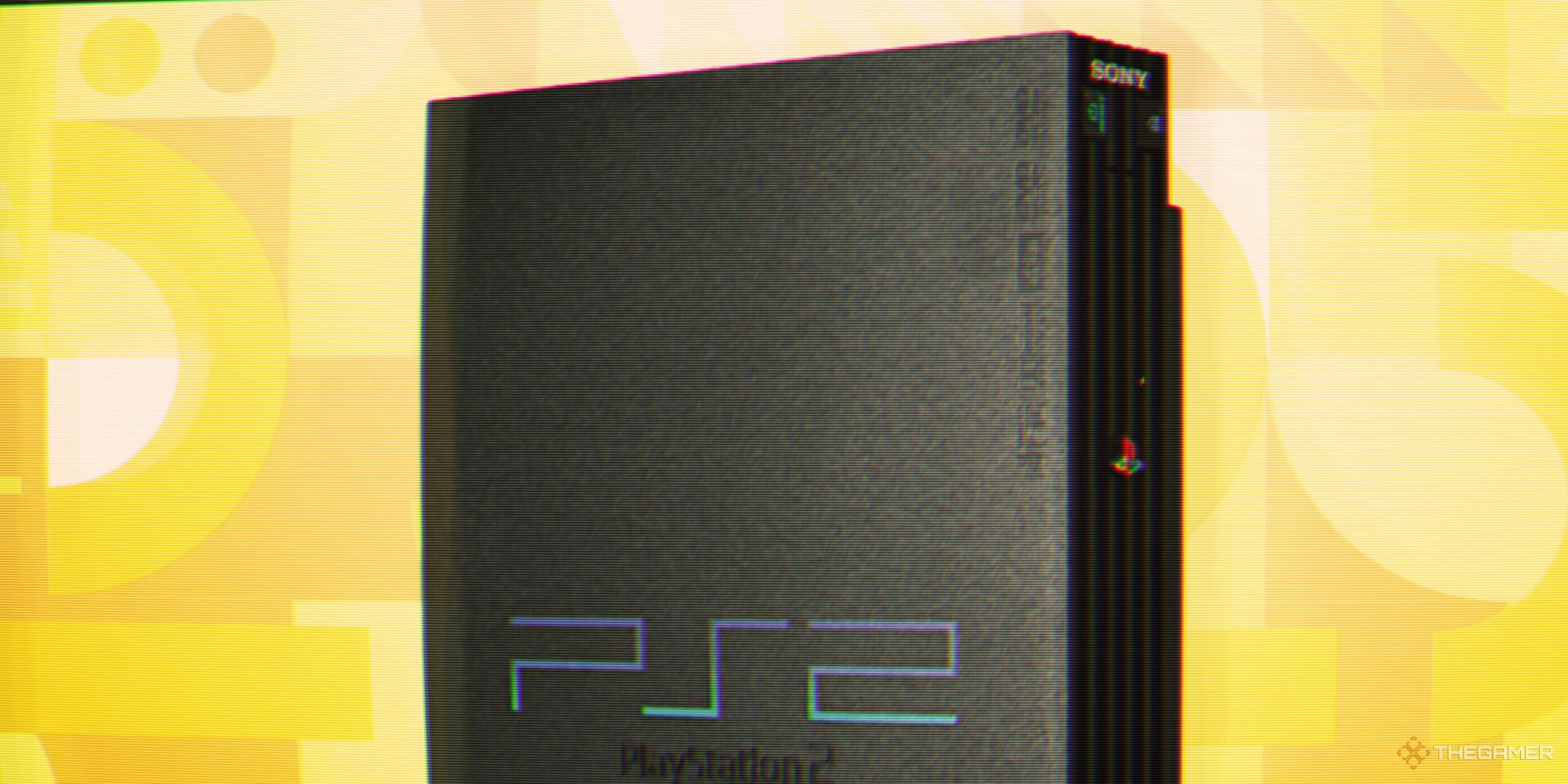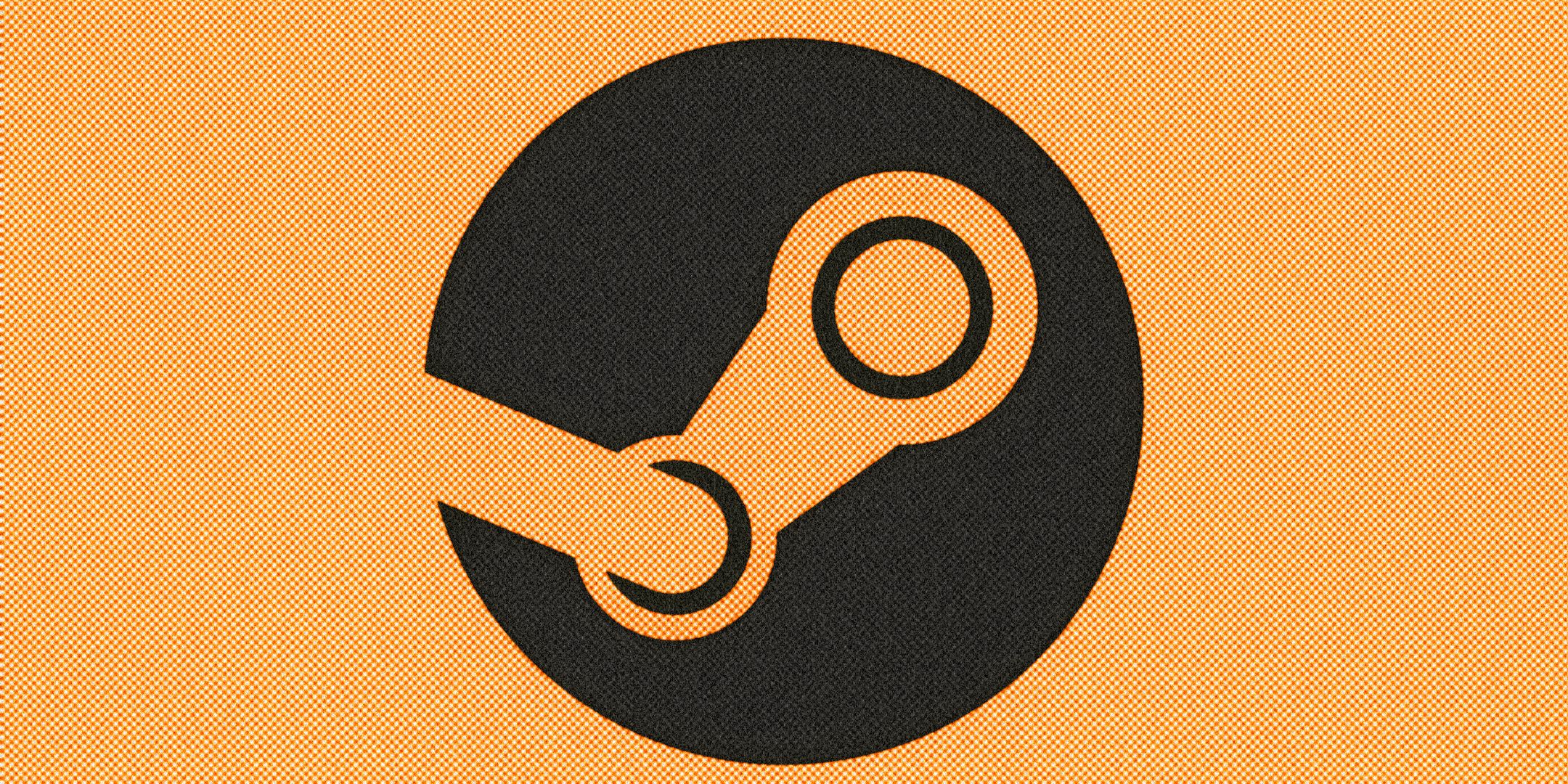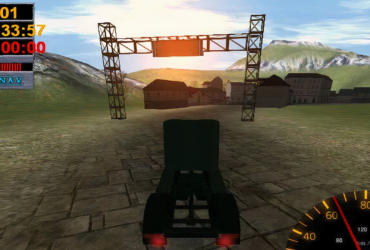The internet is pretty much ruled by algorithms now. They decide what I see on my social media feeds and in what order. Streaming services use algorithms to decide what to show me, and also what shows to cancel despite critical acclaim. Everybody is using AI, which is in itself a complicated algorithm. Even on dating apps, algorithms decide who you’ll be most compatible with.
Steam, the biggest PC game storefront in the world, also has an algorithm to recommend games based on what you’ve played in the past. It’s very bad – I would describe it in a way that feels more honest, but I’d have to swear, and I’m not allowed to because Google’s algorithms punish websites for doing so. Suffice it to say that I’ve never organically discovered a game I love through Steam, and other storefronts are no better. So where do we go from here? Ludocene might be the answer, or at least the first step towards one, but I’ll get to that in a bit.
People Are Better At Recommendations Than Algorithms
Like most people, I instead get my video game recommendations through more organic means. I work in games media, so I listen to my coworkers’ recommendations. Not all of them, mind you, some of them are into games I think are very bad, but that’s besides the point. I also get recommendations from Bluesky, because that’s where people I like and/or respect post about games they’re playing and what they like about them.
More rarely, a friend will ask me if I’m playing something, and I’ll say, ‘That’s not a real game, is it? Did you just make that up?’, and they’ll say, ‘No, seriously, Google it, I think you’ll love it,’ and then my productivity plummets for a day or so while I prove them right by loving it. A couple of times, I’ve bought a bundle on itch.io or Humble to contribute to some good cause or other, and found a micro-game that completely and permanently changed my brain chemistry.

Related
PSA: There’s A New Contender For Best Disco-Like
Esoteric Ebb could be coming for the Disco-like throne.
In fact, my party trick is to be a gaming recommendation machine. Someone finds out that I write about games for a living and asks me what I think they should play next. I say, well, why don’t you tell me what you like playing? And then I spout out a list of games complete with justifications and comparisons, and the next time I see them, they declare undying devotion and love for me, their new gamer god. It works every time. Who said people hate game journalists?
Ludocene Is The First Step To Better Recommendations
My point is that human beings are way better at figuring out what people like than algorithms are. Algorithms aren’t refined enough, can’t account for nuance, and more often than not, prioritise pushing newly released games over games that are actually similar to what you like. There are thousands of games that never broke through Steam’s opaque discoverability matrix and therefore sank into the swamp that is its storefront. Real people who’ve played games you might not have heard of (because Steam didn’t bother putting it in front of you) are, obviously, way better at recommendations.
That’s why I’ve been so interested in Ludocene ever since it first started making headlines for being the ‘Tinder of gaming’ a couple of weeks ago. Pitched as a browser app, Ludocene gives you a stream of games, represented by cards, that you can reject or add to your deck, which represents your taste and helps to refine games that you’re recommended down the line. You can pin games you’re interested in, and this will also affect what you’re recommended.
On top of that, Ludocene has paid many of what its team calls ‘experts’ to lend their tastes to the project. These might be streamers, developers, journalists, or podcasters within the gaming landscape, and they’ll set up profiles in the app and continually add games they like. You can use these profiles as additional filters for games recommended to you, and they’ll also reorder the games you’ve pinned according to that person’s tastes.

Related
Promise Mascot Agency Is Like Yakuza If It Was Just The Real Estate Minigame
Michi-chaaaaaannnnn!
It’s not a perfect solution. It’s still reliant on data and broad categorisations, which isn’t quite the same as a personalised recommendation, though the data set is curated by real people in the industry and therefore will be vastly more useful. The experts, while adding an additional layer of human touch to Ludocene, also come with their own set of questions: whose tastes are judged important enough?
But I can’t say that the project doesn’t sound appealing. It’s certainly more useful to me than Steam’s algorithm, which mostly pushes me to pick up games that everybody else is playing instead of games I’d actually like, and I love the idea of finally adding a human touch to something that’s been so sorely missing it. You can find more information and support Ludocene’s Kickstarter here.

Next
25 Years Later And Nothing Has Lived Up To The PlayStation 2
Sony changed video games forever with its second generation console.
Source link












Leave a Reply